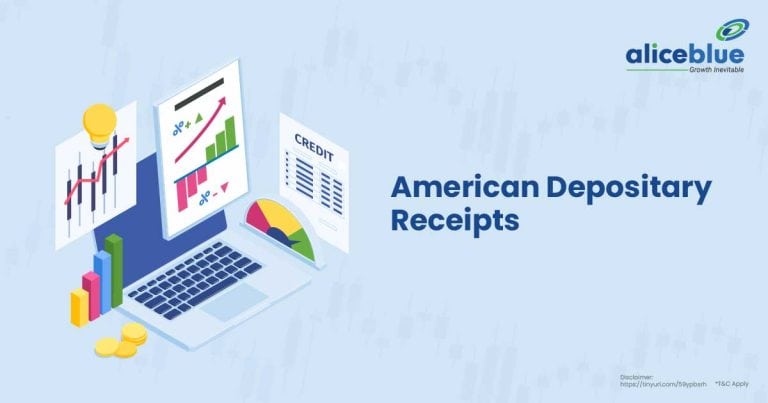Tax saving bonds are financial instruments that offer tax benefits to investors. These bonds are issued by the government or corporations and provide an exemption on the income tax for the interest earned. They are a popular choice for those looking to reduce their taxable income while making stable returns.
Contents:
- Tax Saving Bonds
- Features of Tax Saving Bonds
- Difference Between Tax Saving Bonds and Tax Free Bonds
- Best Tax Saving Bonds
- What Are Tax Saving Bonds? – Quick Summary
- Tax Saving Bonds – FAQs
Tax Saving Bonds
Tax-saving bonds are investment instruments issued by the government or corporations, offering tax exemptions on interest earned. They appeal to investors seeking to lower their taxable income while ensuring stable returns, thus combining tax efficiency with financial security in a low-risk package.
- Tax-saving bonds encourage long-term investments while supporting various government or corporate initiatives financially.
- These bonds usually range from 5 to 7 years, offering a secure investment horizon.
- While the return on investment in terms of interest rate may not be as high as other aggressive investment options, the primary appeal lies in the tax-saving aspect, making them a suitable choice for conservative investors who prioritize tax efficiency and capital preservation.
Features of Tax Saving Bonds
The primary feature of tax saving bonds is the tax exemption on interest earned, as per the Income Tax Act of India. This makes them a beneficial investment for tax planning.
Other key features include:
- Fixed Interest Rates: Offering stable and predictable returns.
- Long-term Investment: Typically have longer maturity periods.
- Safe Investment: Generally considered low-risk as they are often government-backed.
- Liquidity Considerations: These bonds may have a lock-in period, affecting liquidity.
- Accessibility: Available to individual investors, making them a popular choice for personal financial planning.
Difference Between Tax Saving Bonds and Tax Free Bonds
Tax-free bonds offer entirely tax-exempt interest, typically with higher interest rates and no mandatory holding period. In contrast, tax savings bonds deliver tax advantages on the invested capital, generally feature lower interest rates, come with a compulsory 5-year lock-in period, and the interest earned is subject to taxation.
| Parameter | Tax Saving Bonds | Tax-Free Bonds |
| Tax on Interest | Interest is exempt from tax but added to total income. | Interest is completely tax-free and not added to total income. |
| Investment Goal | Aimed at reducing taxable income. | Aimed at providing absolutely tax-free income. |
| Issuance | Issued by government entities and corporates. | Primarily issued by government entities. |
| Returns | Offer a fixed return but taxable. | Offer a fixed return, completely tax-exempt. |
| Investor Suitability | Suitable for investors looking for tax-saving options under specific income tax sections. | Ideal for investors in higher tax brackets seeking tax-free income. |
Best Tax Saving Bonds
When looking for the best tax-saving bonds, it’s crucial to consider various options available in different regions. Here’s a breakdown of some top tax-saving bonds
| Bond Name | Coupon Rate | Tenure |
| Housing and Urban Development Corp N4 Series | 7.34% | 10 years |
| IFCI NJ Series | 9.35% | 5 years |
| Indian Railways Finance Corp NA Series | 8.65% | 15 years |
| India Infoline Finance NA Series Bond | 12% | 5 years |
| India Infoline Housing Finance N1 Series | 11.52% | 5 years |
To understand the topic and get more information, please read the related stock market articles below.
| PEG Ratio |
| Debt-to-Equity Ratio |
| Types Of Bonds |
| Types of Primary Market |
| medium duration fund |
| Types of equity mutual funds |
| dynamic bond fund |
| Advantages Of Bonds |
| Types Of ETF |
What Are Tax Saving Bonds? – Quick Summary
- Tax saving bonds are investment instruments offering tax benefits on interest earned, ideal for reducing taxable income while providing stable returns.
- The key distinction between tax saving bonds and tax-free bonds lies in their tax treatment of interest income, with tax saving bonds offering exemptions under specific conditions, while tax-free bonds provide absolute tax exemption on interest.
- Some of the best tax-saving bonds are Housing and Urban Development Corp N4 Series, IFCI NJ Series, Indian Railways Finance Corp NA Series, etc.
- Looking to invest in bonds? Start with Alice Blue.
Tax Saving Bonds – FAQs
1. What Are Tax Saving Bonds?
Tax saving bonds are financial instruments that offer tax benefits on the interest earned, making them a valuable tool for reducing taxable income.
2. What is the benefit of tax saving bonds?
The primary benefit is tax exemption on the interest earned, helping in reducing overall taxable income.
3. What is the interest rate on tax saving bonds?
Bond interest rates depend on the issuer and the bond terms, but they usually offer moderate returns. Interest rates will be between 6% and 8% per year.
4. What are the 5 types of bonds?
- Government Bonds
- Corporate Bonds
- Municipal Bonds
- Zero-Coupon Bonds
- Inflation-Linked Bonds
5. What is the lock in period for tax saving bonds?
The lock-in period for tax-saving bonds can vary, but it typically falls somewhere between five and seven years.
6. How to buy tax saving bonds?
- Research available bonds.
- Choose a bond that suits your investment goals.
- Purchase through a financial institution or brokerage like Alice Blue.
Which are the best tax-saving bonds?
| Bond Name | Coupon Rate | Tenure |
| Housing and Urban Development Corp N4 Series | 7.34% | 10 years |
| IFCI NJ Series | 9.35% | 5 years |
| Indian Railways Finance Corp NA Series | 8.65% | 15 years |
We hope that you are clear about the topic. But there is more to learn and explore when it comes to the stock market, commodity and hence we bring you the important topics and areas that you should know:









